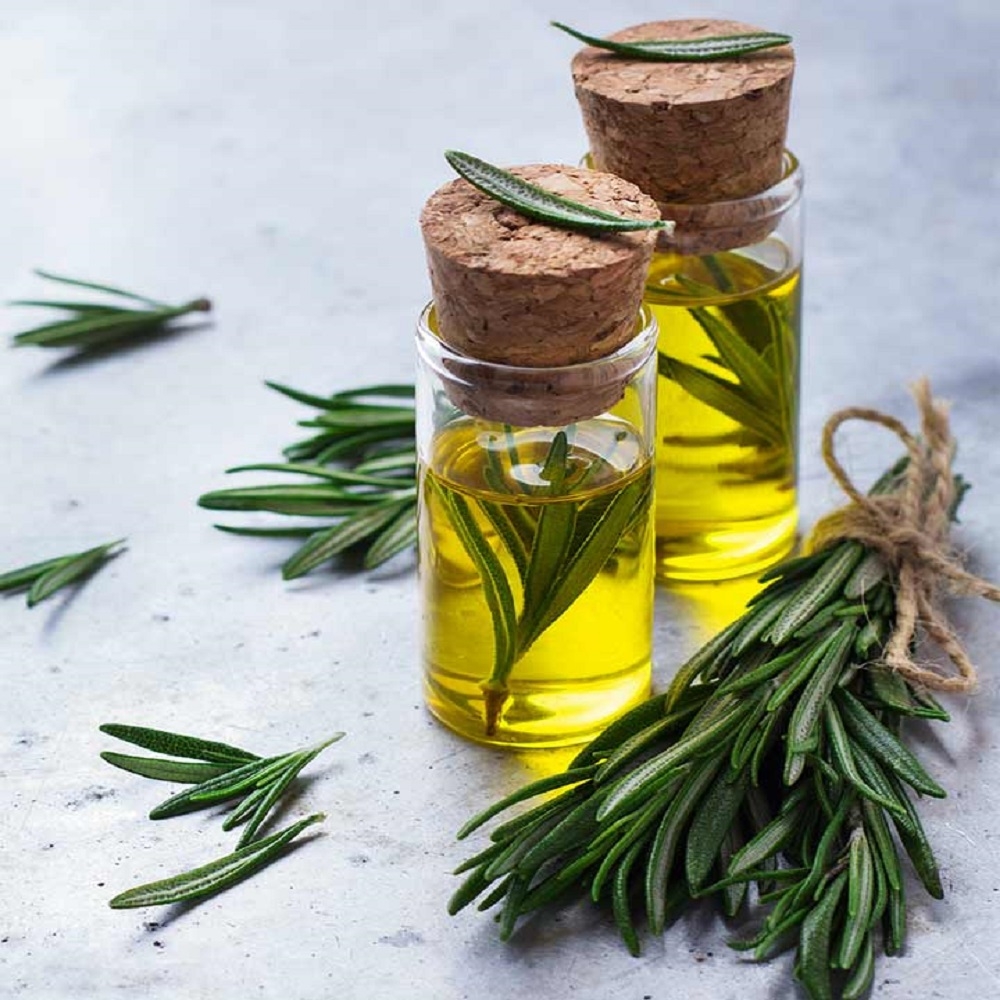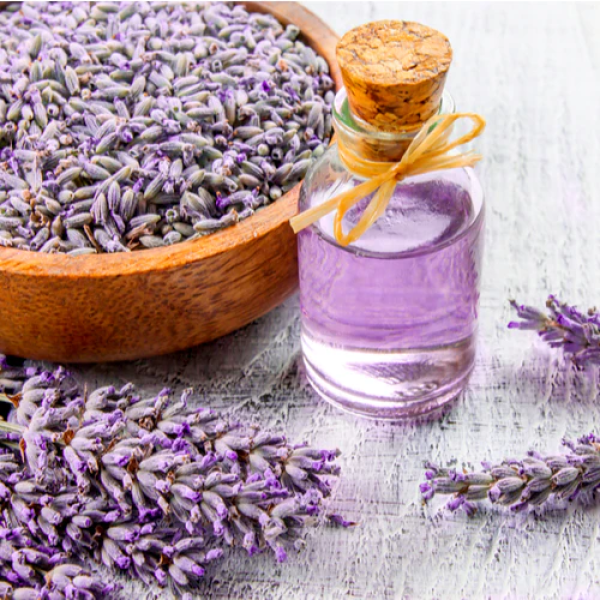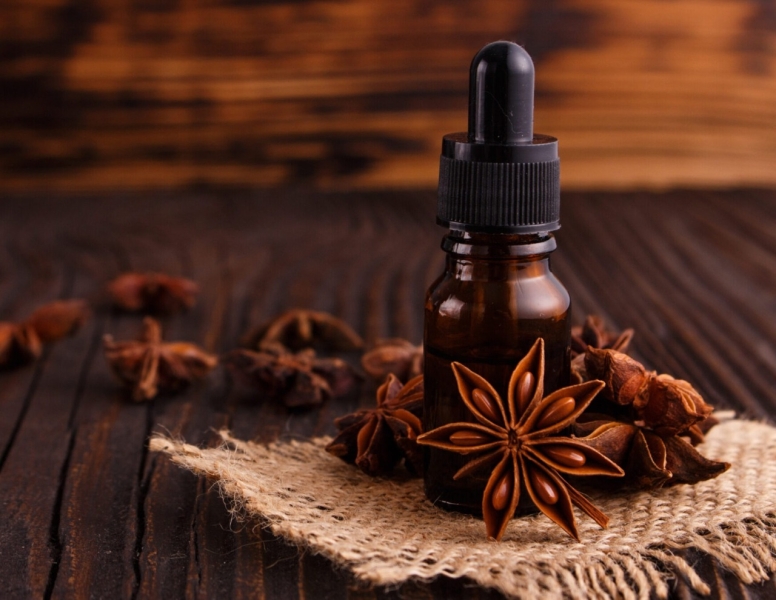In the world of natural remedies and holistic health, essential oils have gained immense popularity for their wide range of benefits. These potent extracts, derived from various plants, have been used for centuries in different cultures for medicinal, therapeutic, and cosmetic purposes. This article delves into the fascinating world of essential oils, exploring their origins, benefits, and practical applications.
What Are Essential Oils?
Essential oils are concentrated hydrophobic liquids containing volatile chemical compounds from plants. These oils capture the plant’s scent, flavor, and other beneficial properties, making them highly potent. Commonly used plants include lavender, peppermint, eucalyptus, and tea tree, each offering unique benefits and applications.
The History of Essential Oils
The use of essential oils dates back thousands of years. Ancient civilizations, such as the Egyptians, Greeks, and Chinese, utilized these oils for their medicinal and aromatic properties. For instance, the Egyptians used essential oils in embalming and cosmetics, while the Greeks employed them in therapeutic practices. The knowledge of essential oils has been passed down through generations, and modern science continues to explore their vast potential.
Benefits of Essential Oils
-
Aromatherapy and Relaxation: Essential oils like lavender, chamomile, and bergamot are widely known for their calming effects. They are often used in aromatherapy to reduce stress, anxiety, and promote better sleep.
-
Pain Relief: Oils such as peppermint and eucalyptus have analgesic properties, making them effective in relieving muscle aches, headaches, and joint pain.
-
Skin Care: Tea tree oil, rosehip oil, and jojoba oil are popular in skincare routines for their anti-inflammatory, antimicrobial, and moisturizing properties. They can help treat acne, reduce scars, and hydrate the skin.
-
Boosting Immunity: Some essential oils, like oregano and thyme, have antimicrobial and antioxidant properties that can support the immune system.
-
Respiratory Health: Eucalyptus and peppermint oils are often used to relieve symptoms of colds and respiratory issues due to their decongestant and expectorant properties.
How to Use Essential Oils
-
Diffusion: Using an essential oil diffuser is one of the most common methods. It disperses the oil into the air, creating a pleasant aroma and providing therapeutic benefits.
-
Topical Application: Essential oils can be applied directly to the skin, but they should be diluted with a carrier oil like coconut, jojoba, or almond oil to avoid irritation.
-
Inhalation: Adding a few drops of essential oil to a bowl of hot water and inhaling the steam can provide respiratory benefits and immediate relief from congestion.
-
Massage: Combining essential oils with massage can enhance relaxation and relieve muscle tension.
-
Baths: Adding a few drops of essential oil to a warm bath can create a spa-like experience, promoting relaxation and skin benefits.
Safety Precautions
While essential oils offer numerous benefits, it is important to use them safely:
- Always dilute essential oils before applying them to the skin to prevent irritation.
- Perform a patch test to check for any allergic reactions.
- Avoid ingesting essential oils unless under the guidance of a healthcare professional.
- Store essential oils in a cool, dark place to preserve their potency.
Essential oils have gained immense popularity in recent years, offering a natural and holistic approach to wellness. Whether you're seeking to enhance your physical health, boost your emotional well-being, or simply indulge in aromatic pleasure, essential oils can be a valuable addition to your lifestyle. However, with the plethora of options available, knowing how to buy essential oils that are high-quality and suited to your needs is crucial. This guide will walk you through everything you need to know to make an informed purchase.
Understanding Essential Oils
Essential oils are concentrated plant extracts that capture the natural scent and beneficial properties of their source. These oils are obtained through processes like steam distillation, cold pressing, or resin tapping. Each essential oil has its unique aroma and therapeutic qualities, influenced by the plant it is derived from.
Why Buy Essential Oils?
-
Aromatherapy: Essential oils are widely used in aromatherapy, a practice that uses aromatic compounds to improve psychological and physical well-being. Lavender, for instance, is known for its calming properties, while peppermint can invigorate and energize.
-
Topical Application: Many essential oils can be applied to the skin (usually diluted with a carrier oil) to address issues like skin irritation, muscle pain, and even insect bites.
-
Household Uses: Beyond personal care, essential oils are effective in household cleaning and natural deodorizing, thanks to their antimicrobial properties.
Factors to Consider When You Buy Essential Oils
-
Purity: Ensure the essential oil is pure, without additives or synthetic components. Look for oils labeled as 100% pure essential oil.
-
Source and Production: The quality of essential oils is influenced by the plant's growing conditions, harvesting methods, and extraction processes. Opt for oils from reputable producers who provide transparency about their sourcing.
-
Price: High-quality essential oils can be expensive, but they are more potent and effective. Be wary of cheap oils, as they might be diluted or adulterated.
-
Testing and Certification: Trusted brands often provide information on third-party testing, such as GC/MS (Gas Chromatography/Mass Spectrometry) reports, to verify the oil's composition and purity.
-
Packaging: Essential oils should be stored in dark glass bottles to protect them from light, which can degrade their quality.
How to Buy Essential Oils
-
Research Brands: Start by researching brands that have a good reputation for quality and ethical practices. Brands that are transparent about their production process and sourcing are generally more reliable.
-
Read Reviews: Customer reviews can provide insights into the effectiveness and quality of the oils. Look for reviews on multiple platforms to get a well-rounded perspective.
-
Check for Certifications: Certifications from organizations like the USDA (for organic products) can indicate higher quality standards.
-
Understand Your Needs: Different essential oils serve different purposes. Determine your primary use for the oil (e.g., relaxation, pain relief, cleaning) and choose accordingly.
-
Purchase from Reputable Retailers: Buy essential oils from well-known health stores, pharmacies, or direct from the manufacturer’s website. This reduces the risk of purchasing counterfeit or low-quality products.
Popular Essential Oils and Their Uses
- Lavender: Known for its calming and relaxing properties. Ideal for reducing anxiety and improving sleep quality.
- Peppermint: Invigorating and refreshing. Useful for relieving headaches and enhancing concentration.
- Eucalyptus: With its strong antiseptic properties, it's great for respiratory issues and cleaning.
- Tea Tree: Famous for its antimicrobial and anti-inflammatory effects, making it excellent for skin care.
- Lemon: Energizing and purifying, perfect for natural cleaning solutions and mood enhancement.
For More Info:-
essential oils
where to buy essential oils near me
buy essential oils
where can i buy essential oils
buy peppermint oil
organic peppermint oil
mint oil




